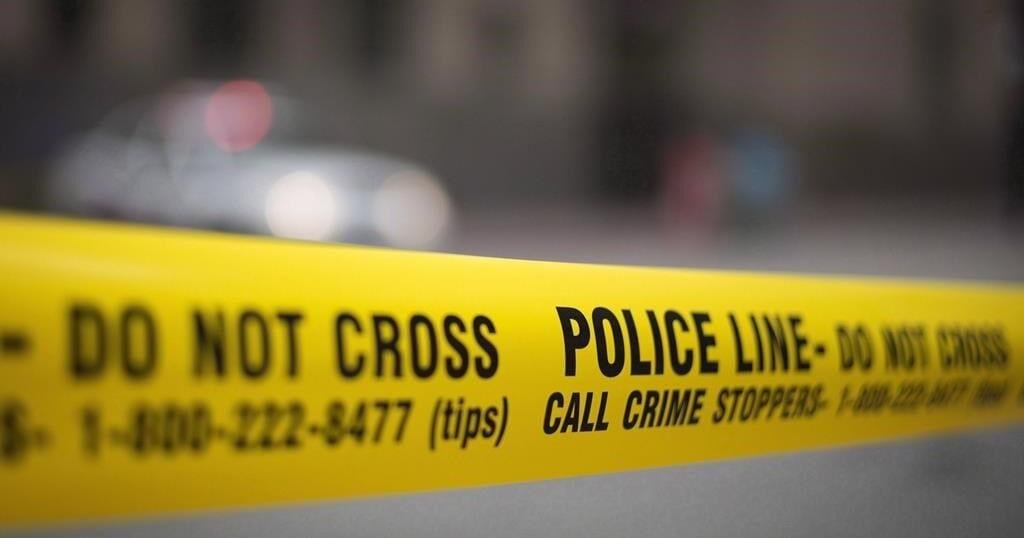Braxton Whitehead said Friday he has verbally committed to Arizona State, making him the first member of a Canadian Hockey League team to attempt to play the sport at the Division I U.S. college level since a lawsuit was filed challenging the NCAA’s longstanding ban on players it deems to be professionals.
Whitehead posted on social media he plans to play for the Sun Devils beginning in the 2025-26 season.
An Arizona State spokesperson said the school could not comment on verbal commitments, citing NCAA rules. A message left with the CHL was not immediately returned.
A class-action lawsuit filed Aug. 13 in U.S. District Court in Buffalo, New York, could change the landscape for players from the CHL’s Western Hockey League, Ontario Hockey League and Quebec Maritimes Junior Hockey League. NCAA bylaws consider them professional leagues and bar players from there from the college ranks.
Online court records show the NCAA has not made any response to the lawsuit since it was filed.
“We’re pleased that Arizona State has made this decision, and we’re hopeful that our case will result in many other Division I programs following suit and the NCAA eliminating its ban on CHL players,” Stephen Lagos, one of the lawyers who launched the lawsuit, told The Associated Press in an email.
The lawsuit was filed on behalf of Riley Masterson, of Fort Erie, Ontario, who lost his college eligibility two years ago when, at 16, he appeared in two exhibition games for the OHL’s Windsor Spitfires. And it lists 10 Division 1 hockey programs, which were selected to show they follow the NCAA’s bylaws in barring current or former CHL players.
CHL players receive a stipend of no more than $600 per month for living expenses, which is not considered as income for tax purposes. College players receive scholarships and now can earn money through endorsements and other use of their name, image and likeness (NIL).
The implications of the lawsuit could be far-reaching. If successful, the case could increase competition for college-age talent between North America’s two top producers of NHL draft-eligible players.
“I think that everyone involved in our coaches association is aware of some of the transformational changes that are occurring in collegiate athletics,” Forrest Karr, executive director of American Hockey Coaches Association and Minnesota-Duluth athletic director said last month. “And we are trying to be proactive and trying to learn what we can about those changes.
Karr was not immediately available for comment on Friday.
Earlier this year, Karr established two committees — one each overseeing men’s and women’s hockey — to respond to various questions on eligibility submitted to the group by the NCAA. The men’s committee was scheduled to go over its responses two weeks ago.
Former Minnesota coach and Central Collegiate Hockey Association commissioner Don Lucia said at the time that the lawsuit provides the opportunity for stakeholders to look at the situation.
“I don’t know if it would be necessarily settled through the courts or changes at the NCAA level, but I think the time is certainly fast approaching where some decisions will be made in the near future of what the eligibility will look like for a player that plays in the CHL and NCAA,” Lucia said.
Whitehead, a 20-year-old forward from Alaska who has developed into a point-a-game player, said he plans to play again this season with the Regina Pats of the Western Hockey League.
“The WHL has given me an incredible opportunity to develop as a player, and I couldn’t be more excited,” Whitehead posted on Instagram.
His addition is the latest boon for Arizona State hockey, a program that has blossomed in the desert far from traditional places like Massachusetts, Minnesota and Michigan since entering Division I in 2015. It has already produced NHL talent, including Seattle goaltender Joey Daccord and Josh Doan, the son of longtime Coyotes captain Shane Doan, who now plays for Utah after that team moved from the Phoenix area to Salt Lake City.
___


























